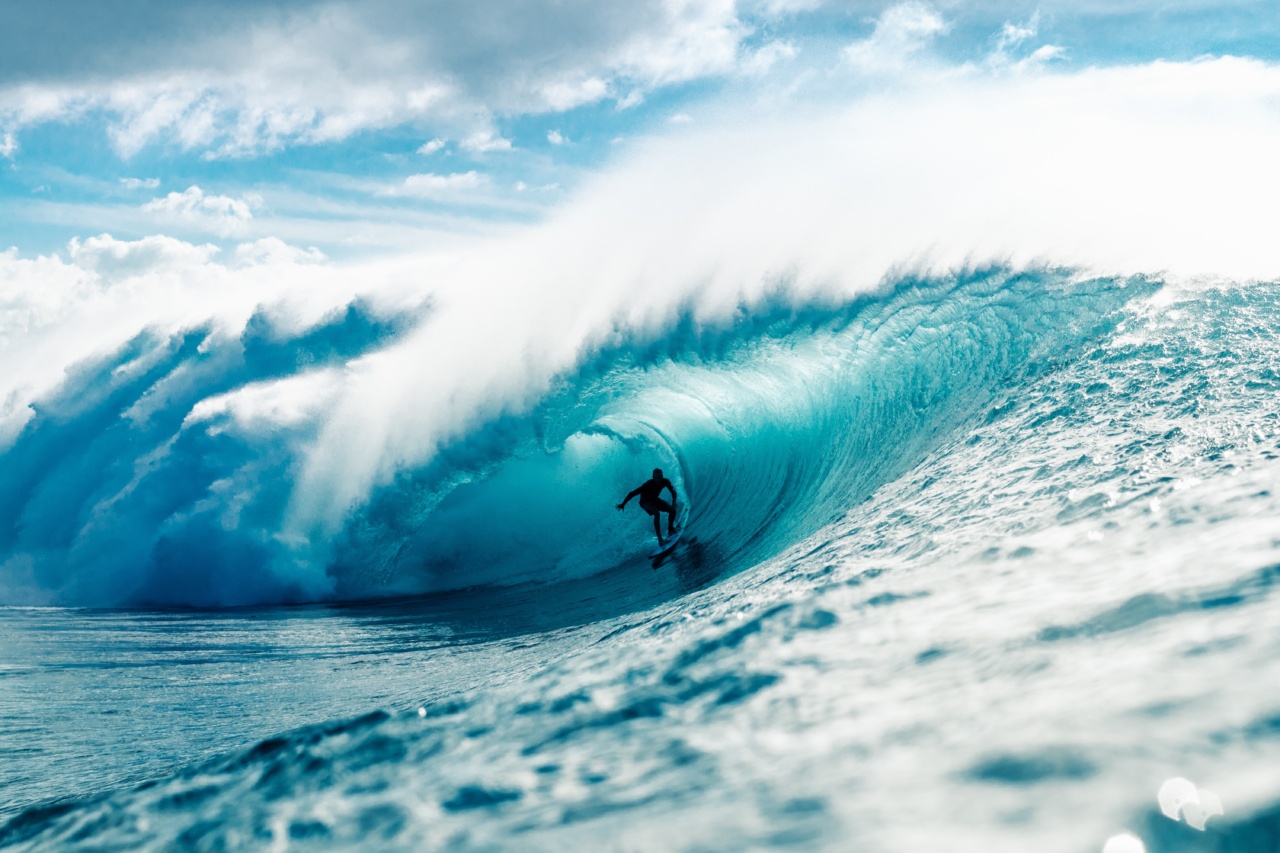Energy drinks have gained immense popularity in recent years, particularly among the younger population. These beverages are often consumed to boost energy, enhance performance, and improve concentration.
Similarly, alcohol has long been a commonly consumed beverage for socializing and leisure. However, when combined, energy drinks and alcohol can pose serious health risks and lead to potentially dangerous situations.
The appeal of energy drinks
Energy drinks are often marketed as a quick and convenient way to increase alertness and vitality.
With high levels of caffeine and other stimulants, they can provide a temporary energy boost, enabling individuals to stay awake and focused for extended periods. Additionally, these beverages are commonly consumed during intense physical activities or to counteract the effects of sleep deprivation.
The dangers of high caffeine content
One of the primary ingredients in energy drinks is caffeine, which acts as a stimulant to the central nervous system.
While caffeine in moderate amounts is generally considered safe for most individuals, energy drinks often contain much higher levels than typically found in coffee or tea. This excessive caffeine consumption can lead to numerous health issues, including increased heart rate, elevated blood pressure, and disturbed sleep patterns.
Alcohol and its effects
Alcohol is a depressant that affects the central nervous system, leading to a sense of relaxation and decreased inhibitions. When consumed in moderation, it can have certain health benefits.
However, excessive alcohol intake can result in a range of negative consequences, such as impaired judgment, motor skills, and coordination. Alcohol consumption is also known to cause dehydration.
The dangers of combining energy drinks and alcohol
While both energy drinks and alcohol have their individual risks, the dangers become magnified when they are consumed together.
When energy drinks are mixed with alcoholic beverages, the stimulant properties of the energy drinks can mask the depressive effects of alcohol, leading individuals to feel more alert and less intoxicated than they actually are. This can increase the likelihood of engaging in risky behaviors and impair decision-making abilities.
Increased alcohol consumption
Research has shown that consuming alcohol in combination with energy drinks may lead to increased alcohol consumption.
The stimulating effects of energy drinks can mask the sedative effects of alcohol, leading individuals to drink more to achieve the desired level of intoxication. This can result in excessive alcohol consumption, increasing the risk of alcohol-related harms, such as accidents, injuries, and alcohol poisoning.
Cardiovascular risks
The combination of high caffeine levels from energy drinks and the diuretic effects of alcohol can put significant strain on the cardiovascular system. This can lead to increased heart rate, elevated blood pressure, and changes in heart rhythm.
In individuals with pre-existing heart conditions, this combination can be particularly dangerous and may contribute to heart attacks or other cardiovascular events.
Dehydration and electrolyte imbalances
Both alcohol and energy drinks are known to cause dehydration due to their diuretic properties. Combining the two can exacerbate this effect, leading to severe dehydration and electrolyte imbalances.
Dehydration can contribute to fatigue, dizziness, and decreased cognitive function, while electrolyte imbalances can have serious consequences on various bodily functions.
Mental health implications
The combination of energy drinks and alcohol can also have a negative impact on mental health. Excessive caffeine consumption from energy drinks can worsen symptoms of anxiety, disrupt sleep patterns, and contribute to mood swings.
Alcohol, being a depressant, can further exacerbate these effects and increase feelings of depression and anxiety.
Risk-taking behaviors
The combination of energy drinks with alcohol has been linked to an increase in risk-taking behaviors.
The increased feelings of alertness and decreased perception of intoxication can lead individuals to engage in activities they may not ordinarily consider when sober. This includes reckless driving, unsafe sexual behavior, and involvement in physical altercations.
Interactions with medication
Energy drinks contain various ingredients, including caffeine, that may interact negatively with certain medications. When combined with alcohol, the potential for adverse drug interactions can further increase.
It is crucial for individuals taking prescription medications to be aware of these potential interactions and consult with healthcare professionals.
Prevention and education
Preventing the potential risks associated with combining energy drinks and alcohol requires both individual responsibility and education initiatives.
Individuals should be aware of the potential dangers and exercise caution when consuming these beverages. Public health organizations and educational institutions should also increase awareness campaigns to educate the public, particularly young adults, about the risks involved.
Conclusion
While energy drinks and alcohol may seem like a popular choice for many individuals, their combination poses significant health risks.
From increased alcohol consumption to cardiovascular risks and mental health implications, the dangers of this combination are substantial. Recognizing these risks, practicing moderation, and prioritizing education can help mitigate the potential harm associated with the consumption of energy drinks and alcohol.































